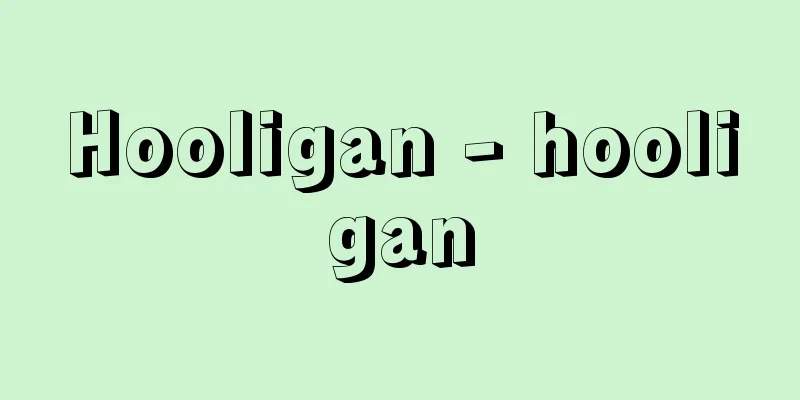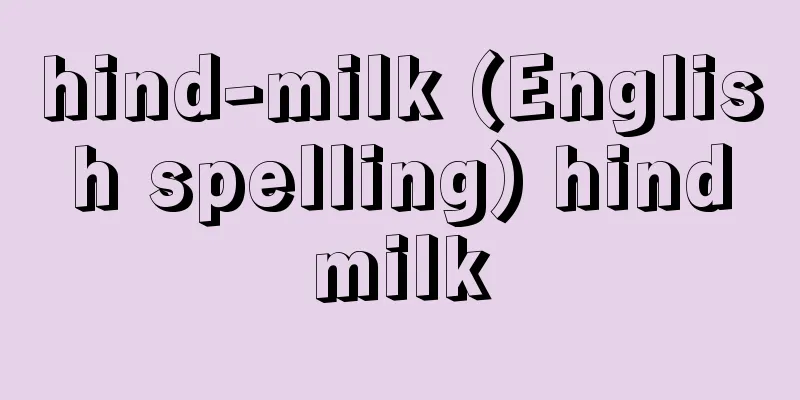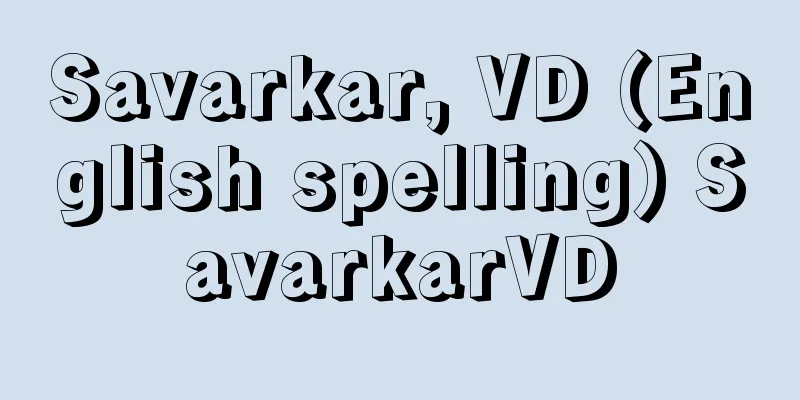Hooligan - hooligan

|
This refers to mobs that appear at soccer stadiums or in the surrounding areas and cause violent incidents. The original English word means "town thug," "villain," or "ruffian." It is said to have originated from the surname "Hoolihan," an Irishman who lived in London in the 9th century and often got drunk and caused trouble. Some media outlets refer to them as "some hooligans among the supporters," but they are mobs, not supporters. Hooligans became notorious worldwide after the Heysel disaster at the 1985 European Champions Cup final in Belgium. An hour after kickoff, a scuffle between fans led to Liverpool hooligans storming into the Juventus side of the stadium. Juventus fans rushed to the bottom of the stands to escape the chaos, and 39 people were killed when they were trapped between the fence separating the pitch and the stands and the fans who were trying to escape under the stands. More than 400 people were injured, and English club teams were banned from playing in international matches for five years after the incident. Hooligans became a social problem in England, the Netherlands, Germany and other countries in the 1980s, and although it is said that they have been weakened by thorough efforts by the police in each country to suppress them and the efforts of the governing organizations, violent incidents caused by them continue unabated. Incidents occurred at the 1998 World Cup in France and the European Championships in 2000. The existence of hooligans is the greatest shame in the sport of soccer, which is said to be the global common language that transcends race and nationality, and it is a problem that must be eradicated by all means possible. [Nishimura Kosuke] "Hooligan War Chronicles" by Bill Buford, translated by Kitadai Miwako (1994, Hakusuisha) "Hooligan" by Mickey Francis and Peter Walsh, translated by Kobayashi Akio (2001, Asuka Shinsha) [Reference] |Source: Shogakukan Encyclopedia Nipponica About Encyclopedia Nipponica Information | Legend |
|
サッカーの試合場や、その周辺に現れて集団で暴力事件を引き起こす暴徒のことをさす。本来は「町の不良」「無頼漢」「ならず者」等を意味する英語。9世紀のロンドンの住人で、酒を飲んでは、しばしば乱暴狼藉(ろうぜき)をはたらいたアイルランド人の姓「Hoolihan(フーリハン)」が語源といわれている。一部メディアでは、「サポーターの一部のフーリガン」と表現することもあるが、彼らは暴徒であってサポーターではない。 フーリガンの悪名が世界的に知られるようになったのは、1985年にベルギーで行われたヨーロッパ・チャンピオンズ・カップ決勝戦で「ヘイゼルの悲劇」とよばれる大惨事が起こってからである。キックオフから1時間後、ファン同士の小競り合いがきっかけになって、リバプールを応援するフーリガンがユベントス側の席になだれ込んだ。混乱から逃れようとしてユベントスを応援する観客がスタンド下へと殺到、ピッチとスタンドを区切る塀と、逃げ場を求めてスタンド下へ移動する観客の間に挟まれて39名もの命が奪われた。負傷者は400名を超え、この事件以後5年間、イングランドのクラブチームは国際試合への出場を禁じられた。 1980年代に、イングランド、オランダ、ドイツなどで社会問題化したフーリガンは、各国警察の徹底したフーリガン封じや、運営組織の努力で弱体化したといわれているが、彼らが起こす暴力事件は後を絶たない。1998年ワールドカップ・フランス大会でも、2000年に行われたヨーロッパ選手権でも事件は起きている。フーリガンの存在は、人種や国籍を越えた世界の共通語とよばれるサッカーというスポーツにあって最大の恥部であり、あらゆる方策をとって根絶させなければならない問題である。 [西村幸祐] 『ビル・ビュフォード著、北代美和子訳『フーリガン戦記』(1994・白水社)』▽『ミッキー・フランシス、ピーター・ウォルシュ著、小林章夫訳『フーリガン』(2001・飛鳥新社)』 [参照項目] |出典 小学館 日本大百科全書(ニッポニカ)日本大百科全書(ニッポニカ)について 情報 | 凡例 |
<<: Tinplate - Tinplate (English spelling)
Recommend
MD method
… Digital audio discs are new discs that incorpor...
Anders Jonas Ångström
Swedish astronomer and physicist. After studying ...
Barranquilla (English spelling)
The capital of Atlantico State in northwestern Col...
《Théâtre d'agriculture et mesnage des champs》 (English notation)
…In 1598, he was invited by Henry IV to Paris, wh...
Water strider - Water strider (English spelling)
A general term for the Hydrometridae family of th...
Money spring - Kasen
A type of coin from the Xin dynasty of Wang Mang ...
Kebiishi
From the early Heian period onwards, the Ryogenok...
Optical aberration
When light comes from a celestial object to a mov...
Magar (English spelling)
A people whose native land is the mountainous area...
Shirakumo
A common name for superficial scalp tinea or tine...
Lysippos (English spelling)
A Greek sculptor from Sicyon, he was a representat...
Motacilla flava (English spelling)
…[Hiroshi Hasegawa]. … *Some of the terminology t...
Cudworth, D.
…English theologian and philosopher. Head of the ...
Ise Daikagura
…(4) In Shishi Kagura, the lion's head is wor...
Goldcup
...As a species, it is widely distributed in the ...









